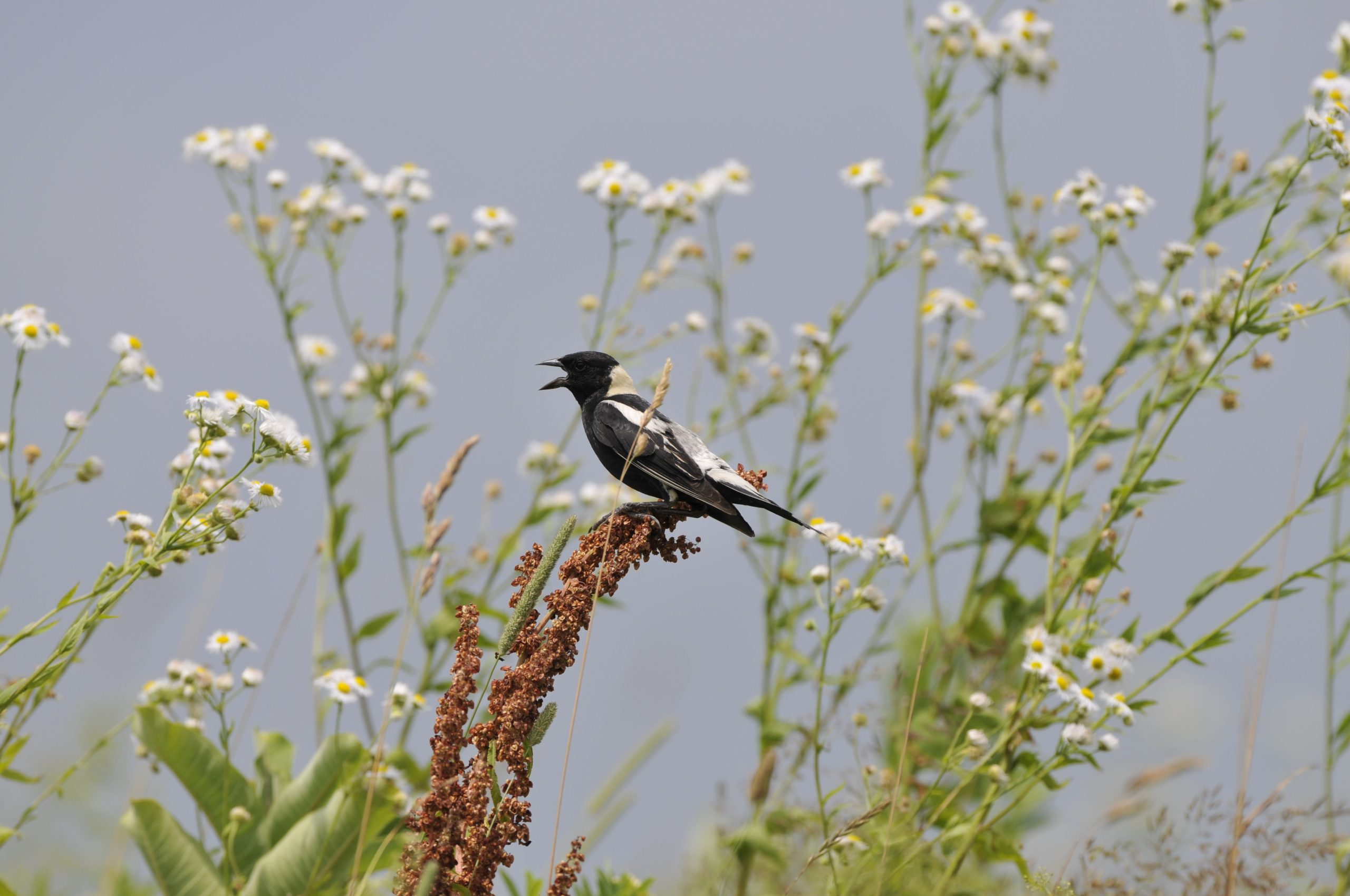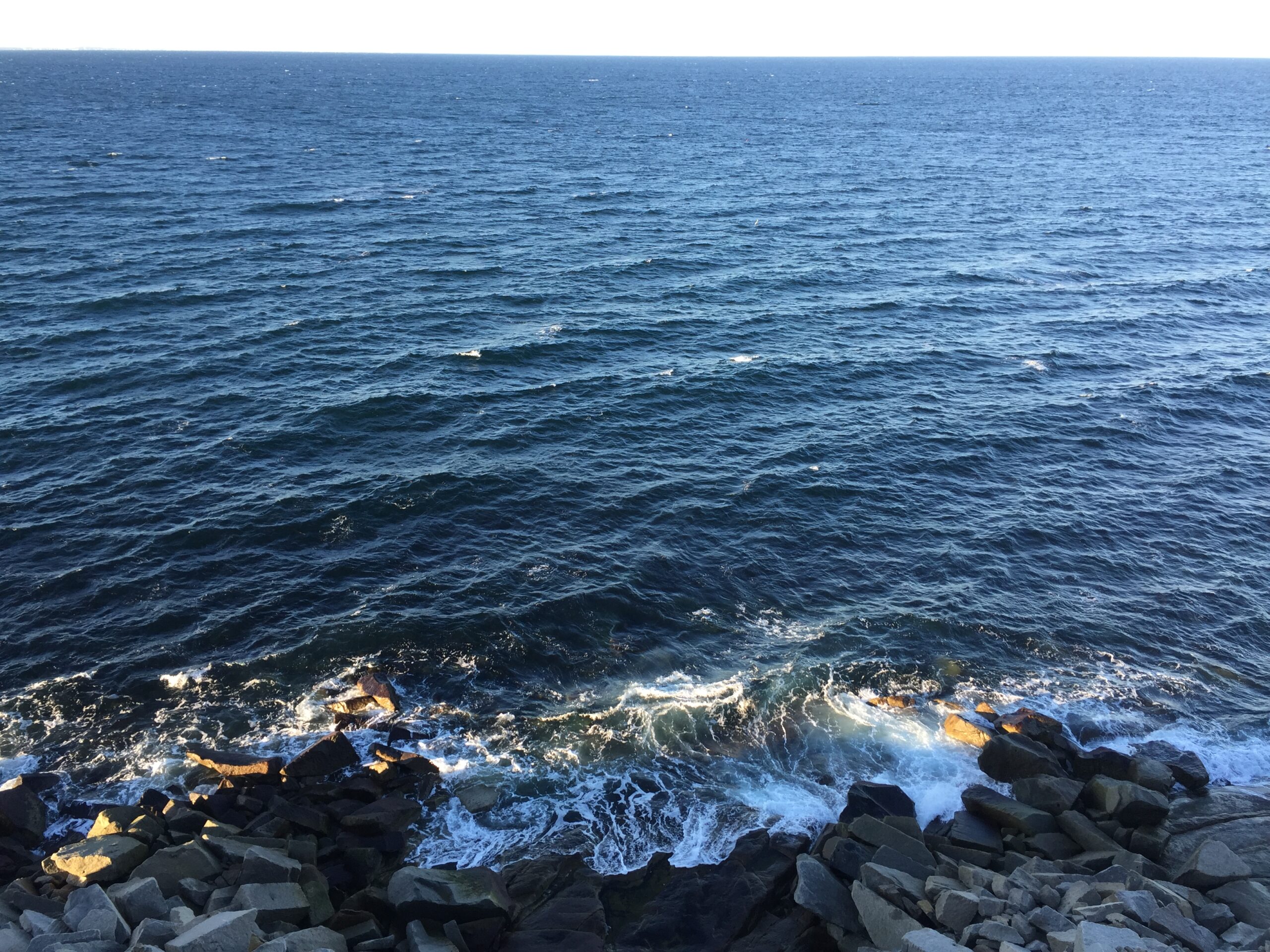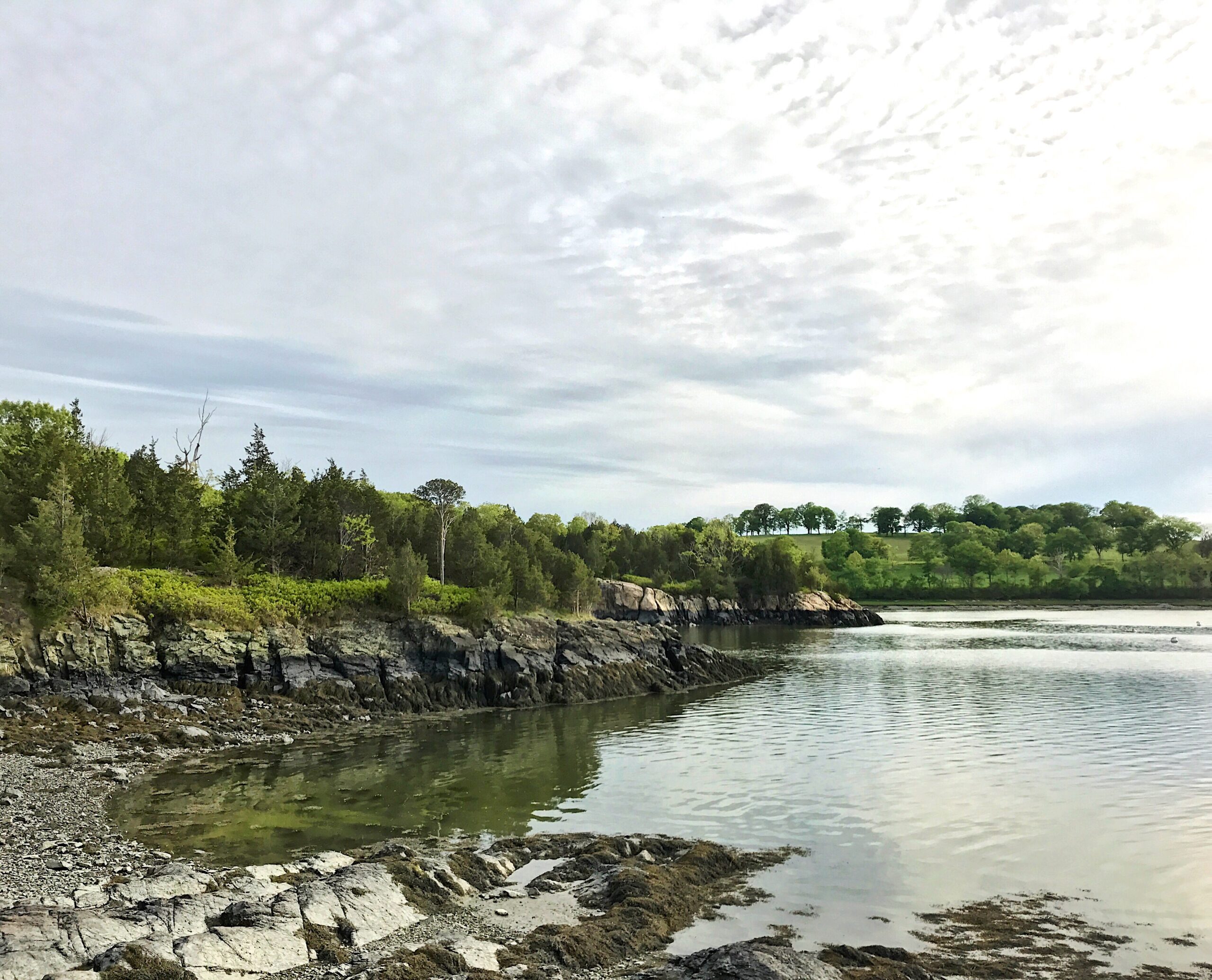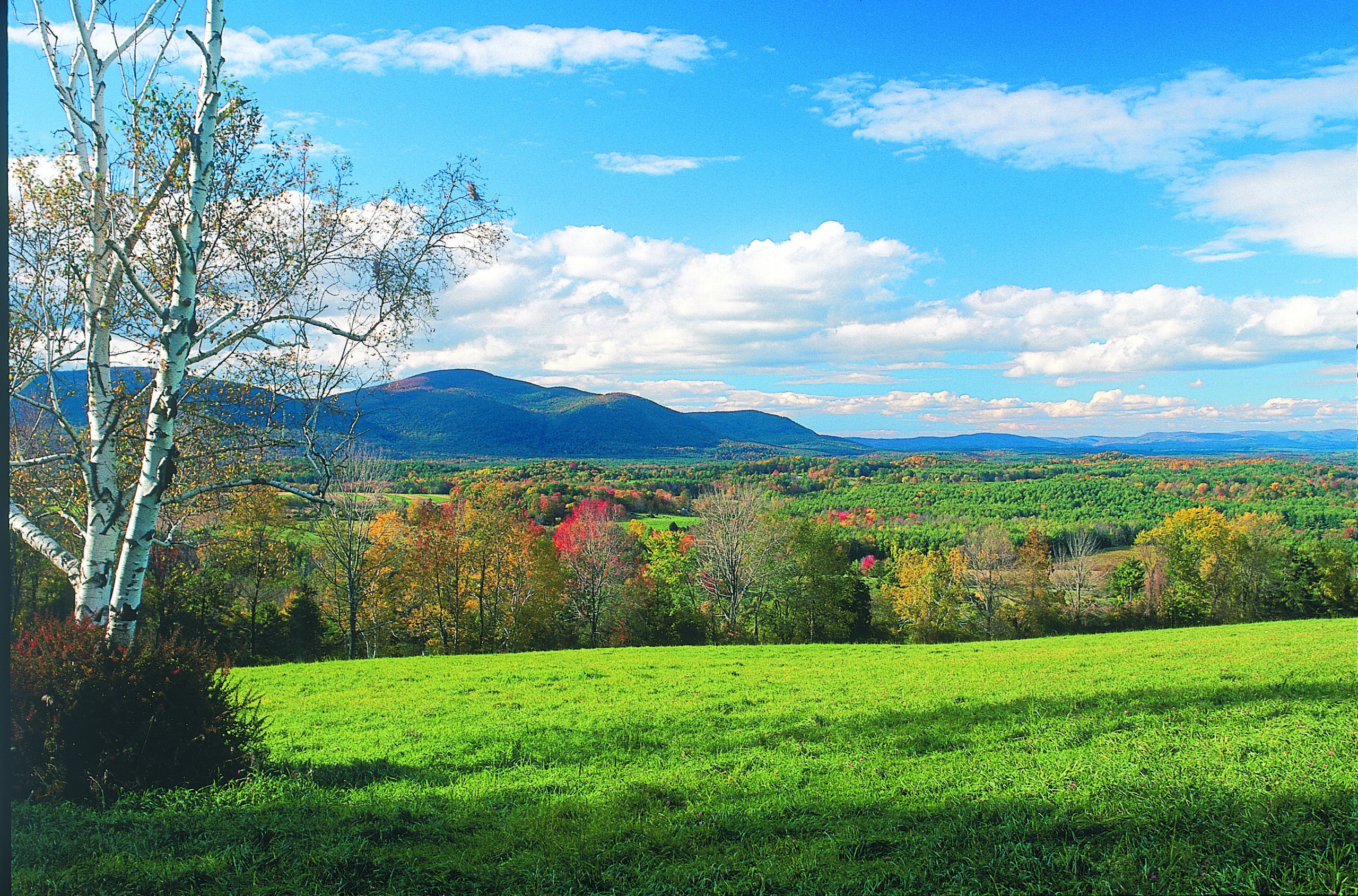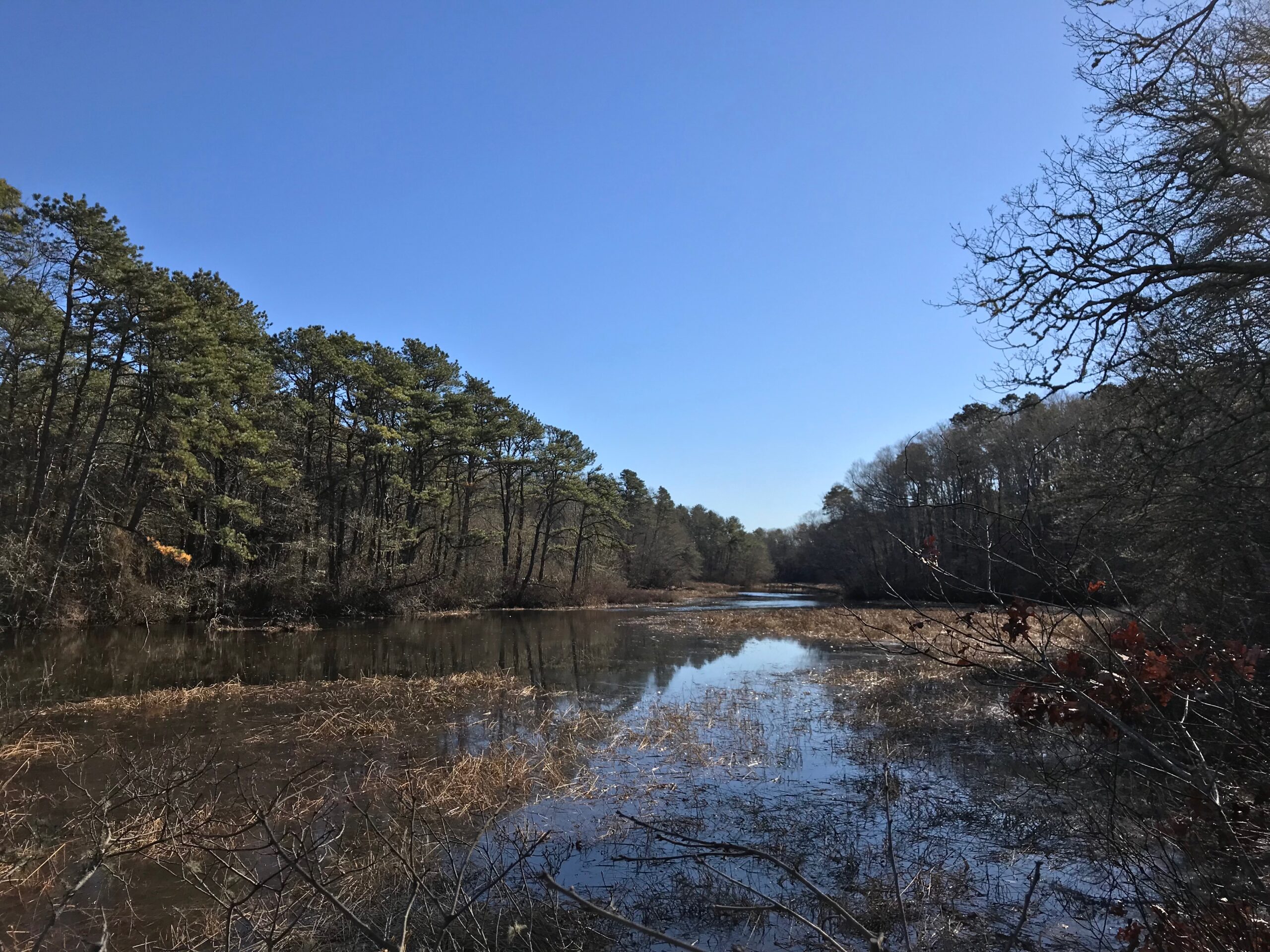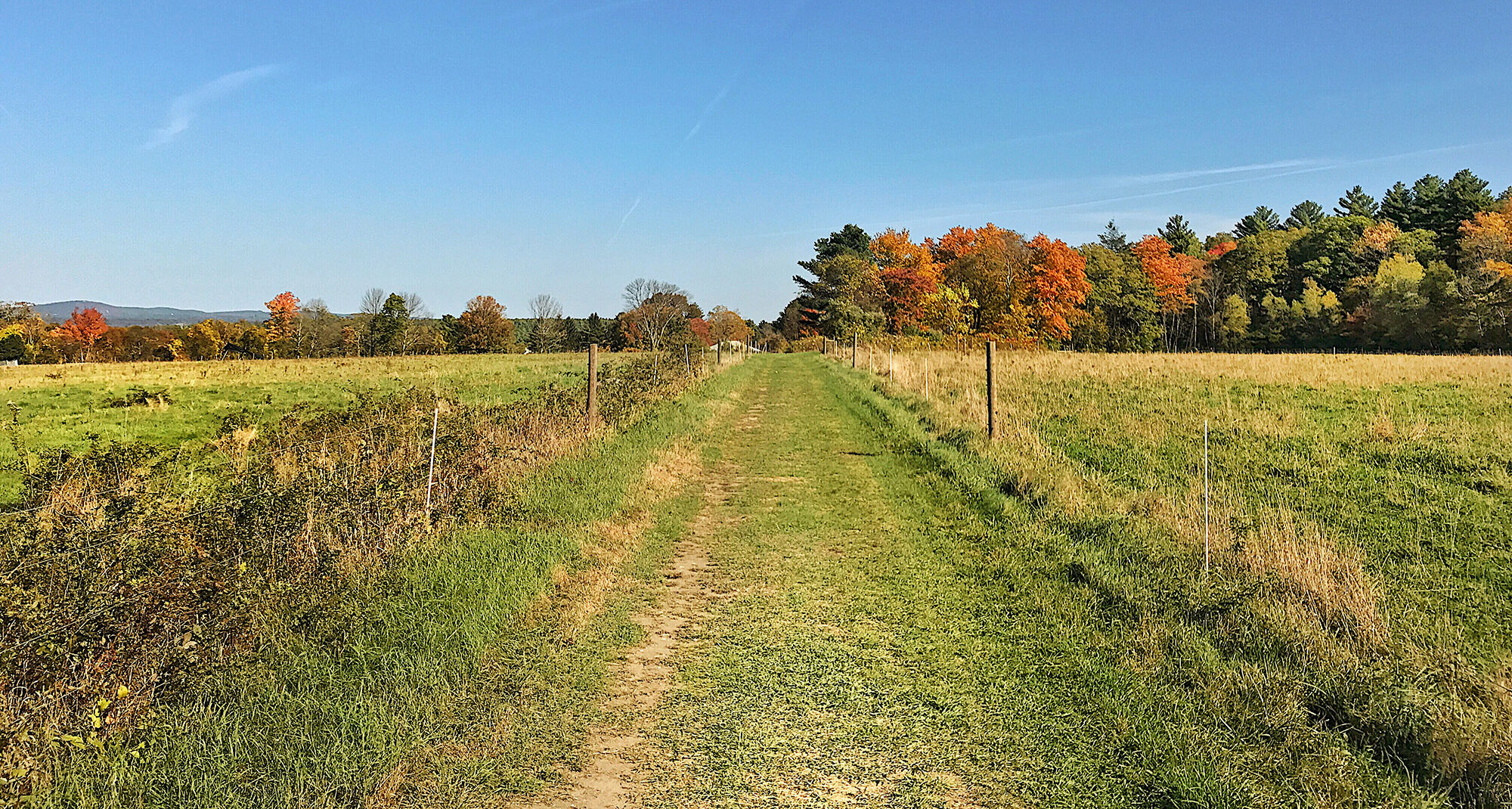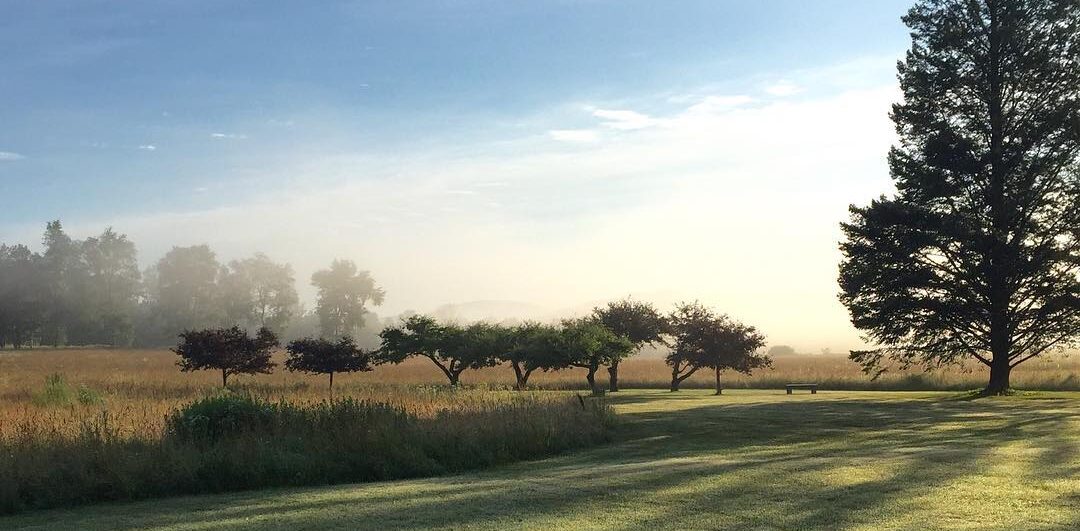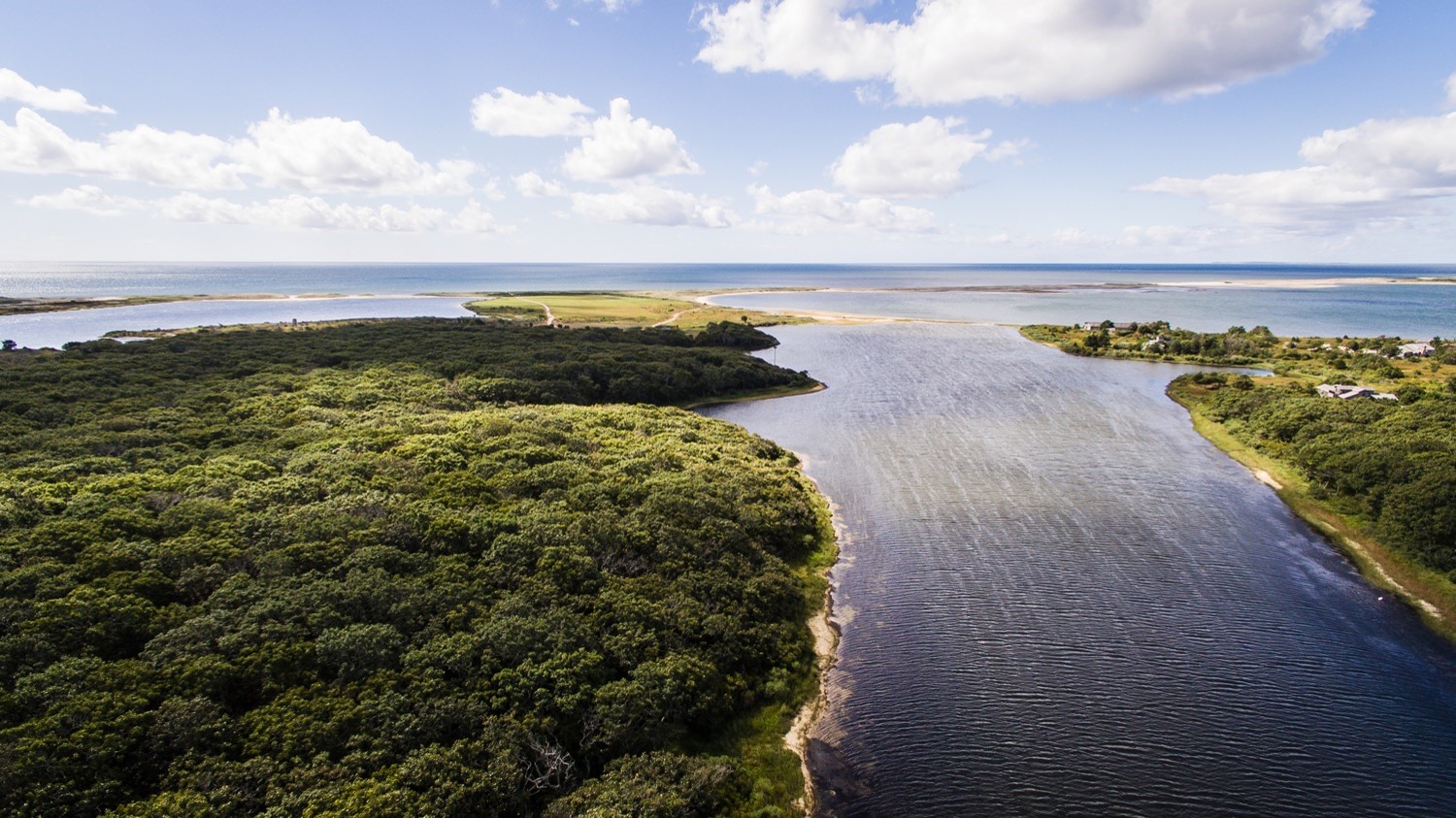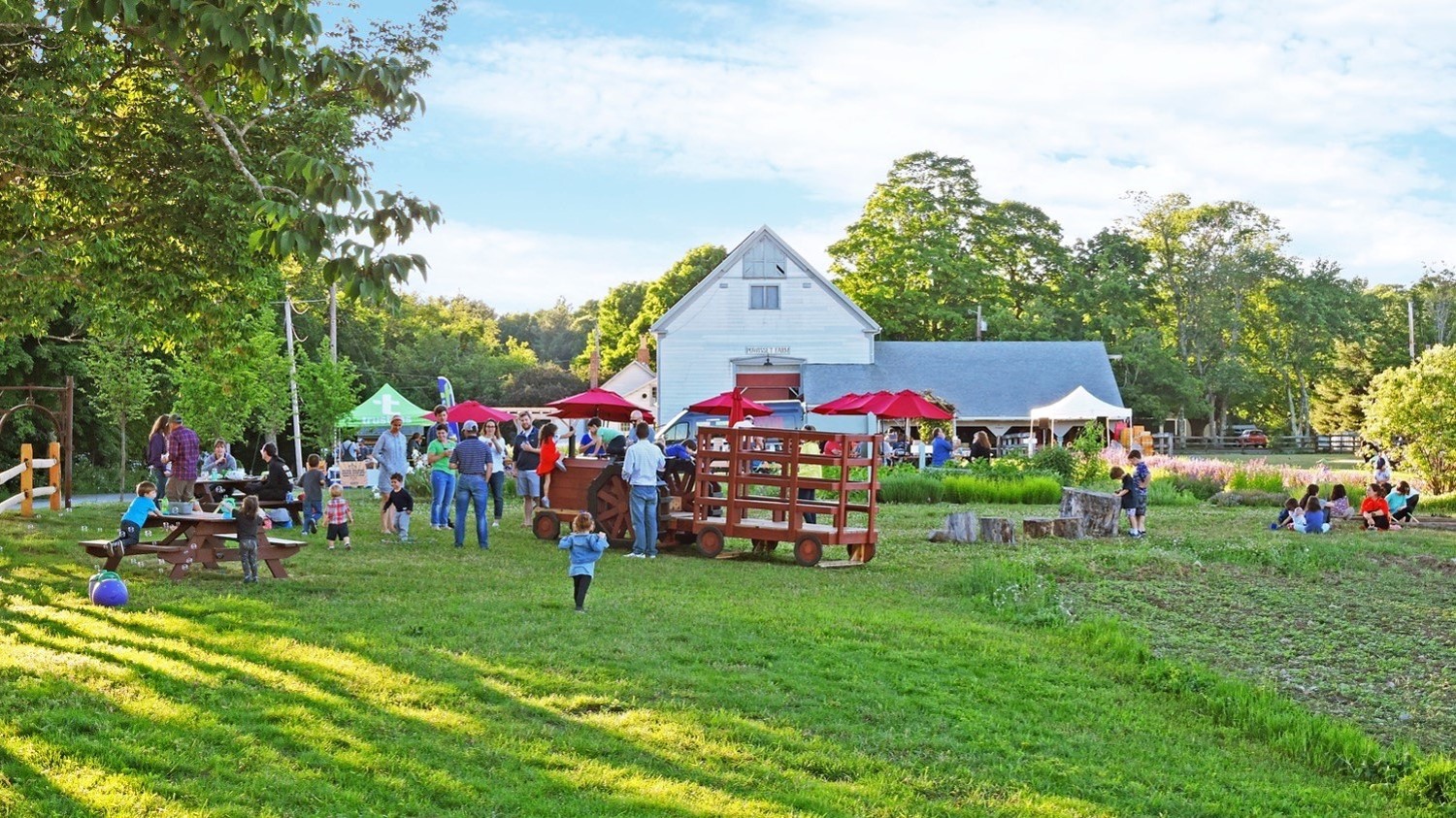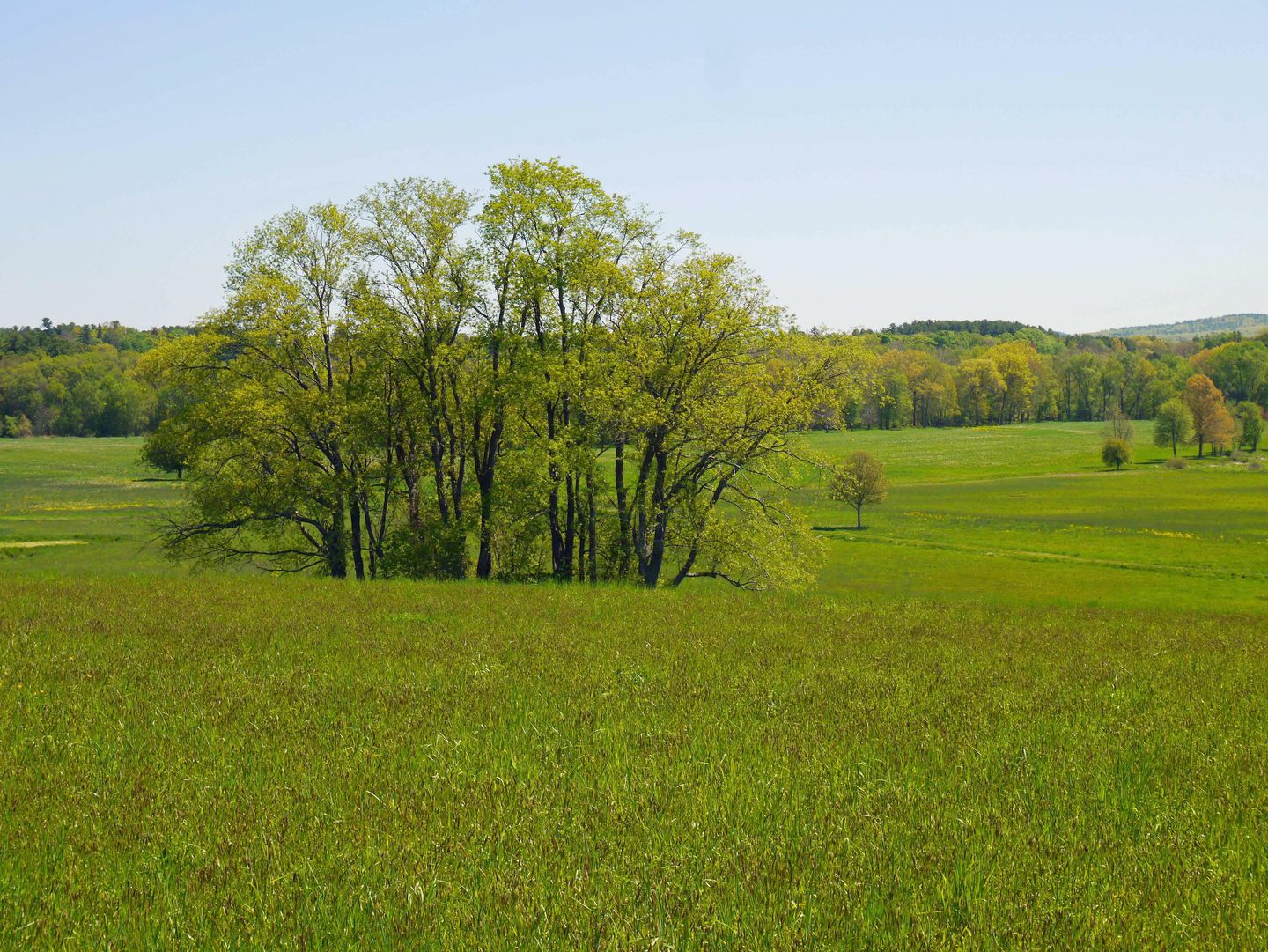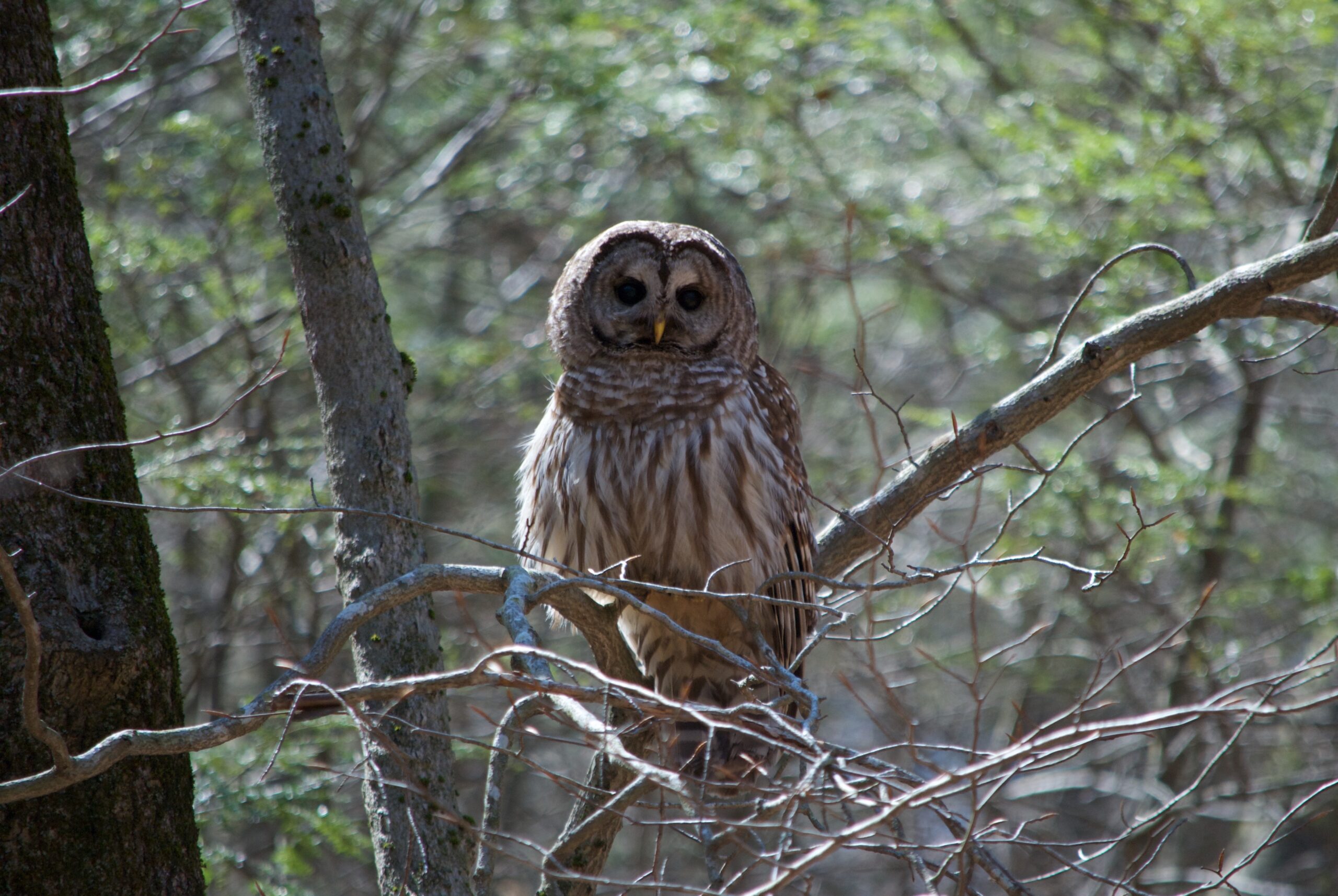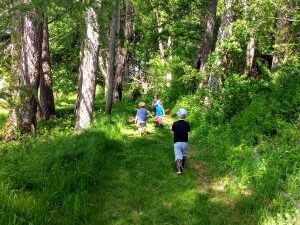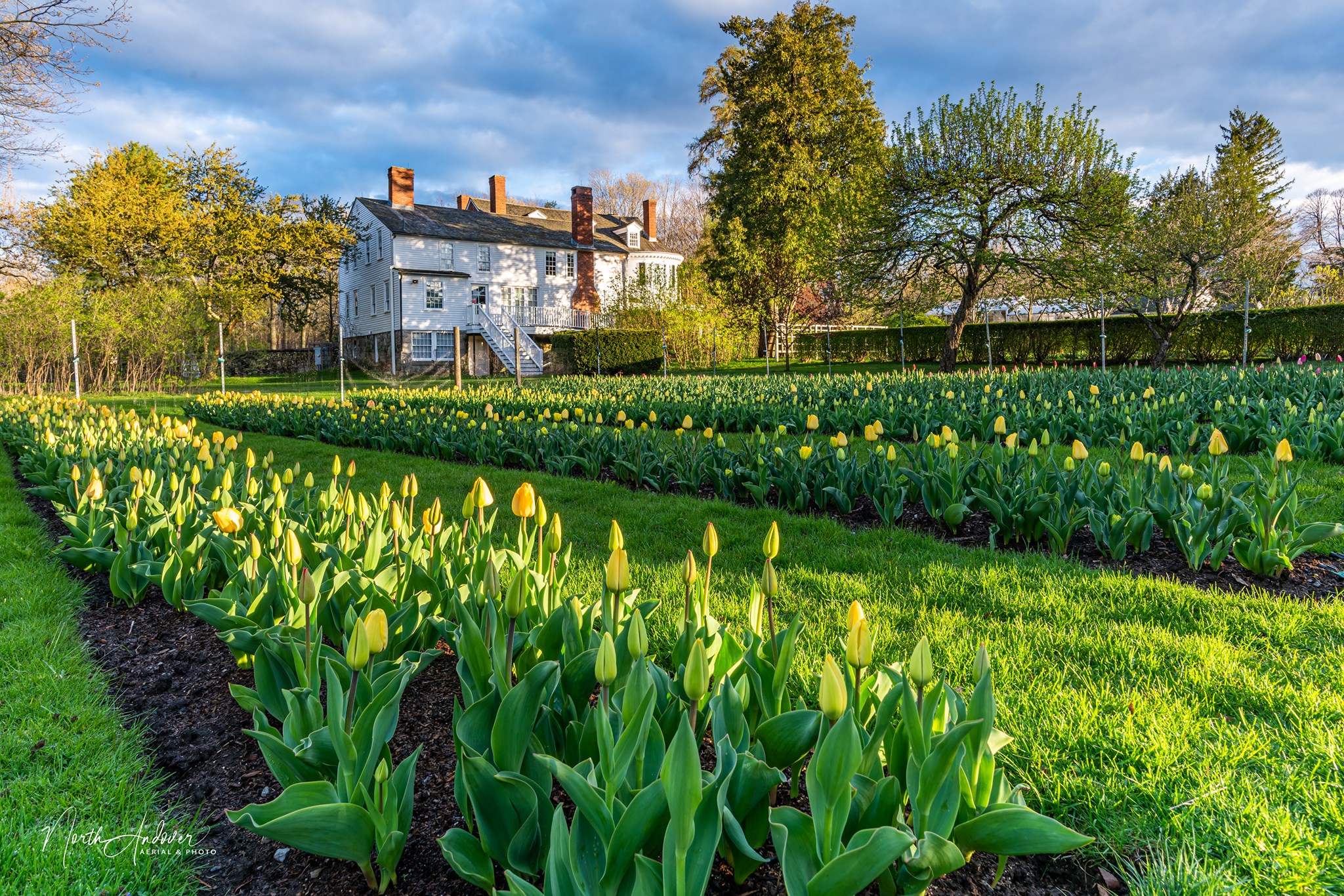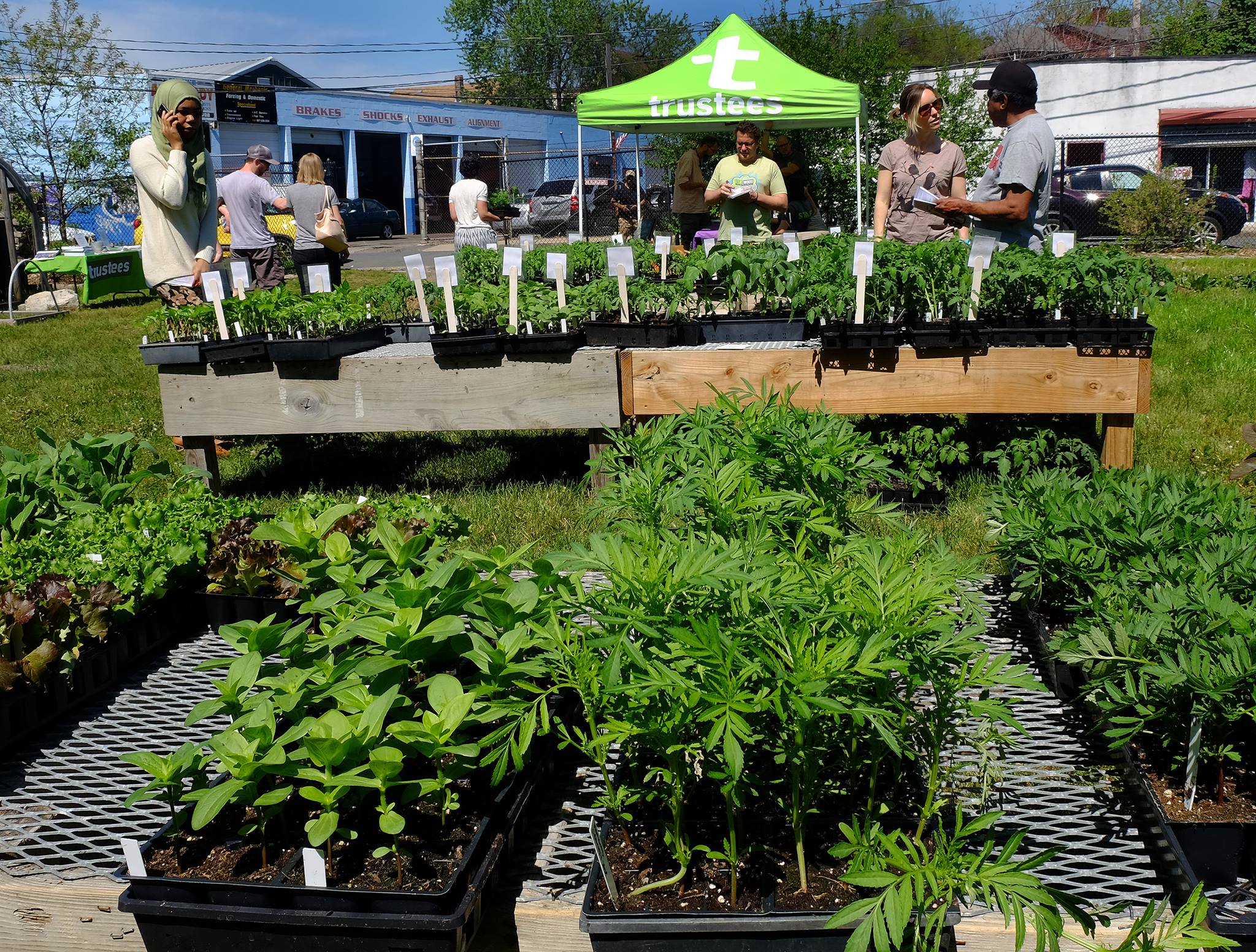Year-round, there are great opportunities to spot birds of Massachusetts at various Trustees sites. Massachusetts birding at its best.
When it comes to Massachusetts birding, there’s no shortage of wonderful places to bring the binoculars and listen to the birdsong, or simply keep your eyes open for the next great sighting. Massachusetts is a small state in terms of land mass but has a relatively high concentration of bird species since we’re on a critical migration path for several of these.
Winter a wonderful time to check out the many species of waterfowl at several of our coastal properties, while our forests and fields come to life in the spring and summer with the sounds of warblers, grassland birds, and others. Here are some ideas to get out there, check some new species off your list, and immerse yourself in nature’s version of tweets.
Crane Beach and Wildlife Refuge, Ipswich/Essex
With miles of spectacular beach, dunes, and salt marsh, Crane Beach and Wildlife Refuge teem with bird life throughout the year. In winter, eiders, scoters, buffleheads, and mergansers patrol the waters off the beach, while an occasional Snowy Owl might be found on the sand dunes. Various species of plovers, sandpipers, and terns congregate on the beach in the warmer months, and the salt marsh holds its own with herons, egrets, harriers, and hawks.
Halibut Point Reservation, Rockport
At the breathtaking northern tip of Cape Ann, birders have sighted no less than 237 bird species, more than 50% of the total number of species found in Massachusetts, over the past five years, according to eBird. Well known as a birding hotspot on the North Shore, you may spot grebes, razorbills, and loons in winter, and come summer, orioles, swallows, towhees, and many, many others dominate the scene.
World’s End, Hingham
The Olmsted-designed drumlins – spoon-shaped hills formed by glaciers – jutting into Hingham Bay are a favorite of many, including birders. With carriage paths, rolling hills, rocky shorelines, and sweeping views, both humans and birds appreciate this idyllic spot. Wading birds, woodpeckers, waxwings, and wrens are but a few of the species you might find here.
Bartholomew’s Cobble, Sheffield
Great Massachusetts birding is not only found on the coast. Nestled in the heart of the southern Berkshires, Bartholomew’s Cobble’s amazing variety of flora earned it a National Natural Landmark designation in 1971. When it comes to birds, Bart’s Cobble is no slouch either in part due to the wide variety of habitats there – forests, fields, the Housatonic River and oxbows, freshwater marsh, and small streams. According to eBird, 189 species have been spotted there in the past five years, from forest favorites like vireos and redstarts to those that prefer open fields, such as bobolinks, bluebirds, and kestrels.
Mashpee River Reservation, Mashpee
If you’re partial to osprey, kingfishers, flycatchers, or woodpeckers, Mashpee River is just the spot for you. Surrounded by national wildlife refuge and other conservation land, this property’s 248 acres feel more like 2,048. And the birds agree. The tidal river also attracts rare, sea-run brook trout, which in turn, attract the birds and other predators that appreciate the trout.
Moose Hill Farm, Sharon
Not too far from Boston is a birding hotspot with all manner of warblers in the spring, hummingbirds and swallows in the summer, and hawks year-round. A working farm, Moose Hill has open pastures with views of the Boston skyline as well as meandering woodland trails where the song of ovenbirds, phoebes, thrushes, and wrens make you feel like you’re a world away from it all.
Field Farm, Williamstown
At Field Farm, in the northern Berkshires, you can turn your birding adventures into a multi-day experience! Stay at the Guest House – a historic mid-century modern B&B – and wake up to views of majestic Mount Greylock, Massachusett’s highest peak. Wander around Field Farm’s 316 acres and explore flowing streams, mature oak forests, open meadows, and the birds that love them. In recent years, pileated woodpeckers, indigo buntings, and kestrels have been sighted here.
Long Point Wildlife Refuge, West Tisbury
There are several Trustees beaches on Martha’s Vineyard, and they all have fantastic shorebird activity. Long Point Wildlife Refuge is more accessible than others – it doesn’t require an oversand vehicle permit to reach – and has much of the great birding that you’ll find at Wasque or Cape Poge. Shorebirds like American Oystercatchers, and Piping Plovers are common in the summer months along with grassland and heathland species like the Savannah Sparrow and Eastern Towhee. With its 632 acres, there’s no shortage of habitats to explore, from beach and coastal ponds to rare sandplain heath and coastal woodlands.
Powisset Farm, Dover
Killdeer, bobolinks, turkeys, swallows, and hawks inhabit the hay and crop fields, vernal pools, and wooded wetlands at this vibrant farm just 15 minutes west of Boston. After you spot that Wood Duck or Cooper’s Hawk, head down the farm lane to say hi to Powisset’s resident livestock, or visit the farm stand in the barn for fresh, local farm products. Noanet Woodlands, just across the road, is another great Trustees birding location.
Dexter Drumlin, Lancaster
This 38-acre property in central Massachusetts is open meadow that’s managed for ground-nesting birds, including bobolinks, Savannah Sparrow, and even Eastern Meadowlarks (sighted infrequently). In the summer, you might also find Red-winged Blackbirds, Northern Flickers, and Willow Flycatchers. Don’t write it off in the winter for excellent sledding either.
